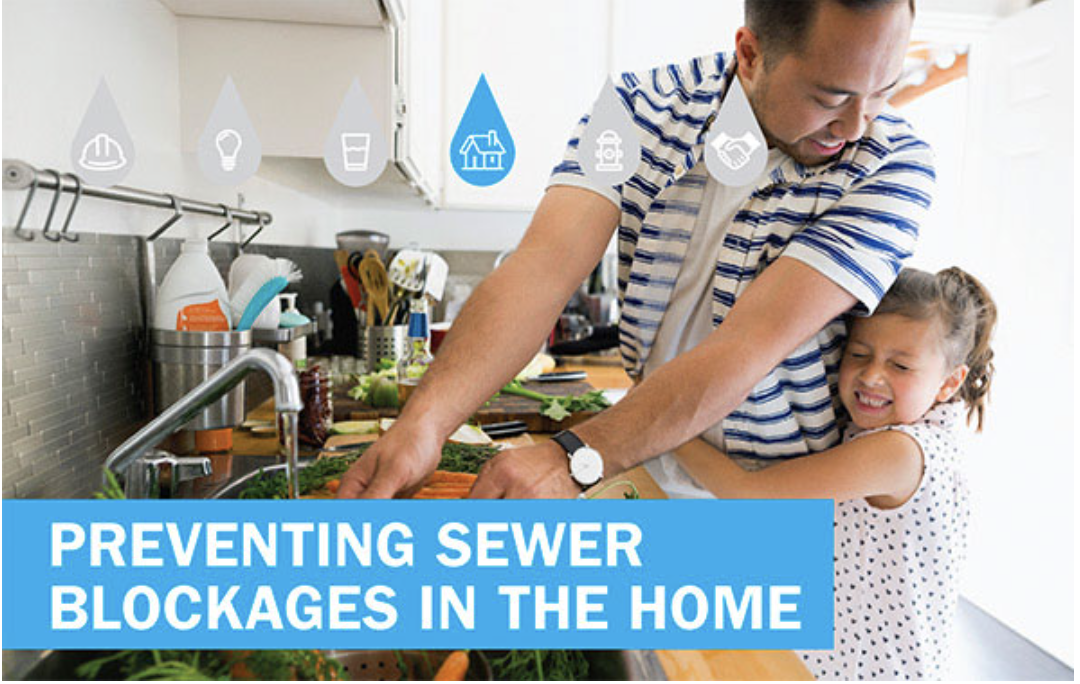With holiday cooking in full swing, Illinois American Water is reminding residents to take simple steps to protect their home plumbing and community wastewater systems. The key? Properly disposing of fats, oils, and grease—commonly known as FOGs.
“Protecting your pipes can prevent expensive repairs—properly disposing of fats, oils, and greases keeps plumbing clear, reduces sewer backups, and helps ensure safe, clean water for our communities,” said Rebecca Losli, president of Illinois American Water. “By developing good disposal habits, households can contribute to healthier local waterways and a stronger infrastructure for all.”
Smart Ways to Dispose of FOGs
Prevent clogs and backups by following these easy holiday kitchen habits:
- Don’t rinse FOGs down the drain. Even garbage disposals can’t prevent buildup that leads to blockages.
- Use a strainer, not the drain. Place a sink basket or strainer to catch food scraps, then toss them in the trash.
- Scrape before washing. Remove all leftover food, fats, oils, and grease from dishes into the garbage before rinsing or washing.
For more guidance on what should never go down your drain, click here.
Beyond FOGs: Other Items to Keep Out of Your Pipes
Plumbing blockages also occur when hygiene products and non-flushable items enter the wastewater system. Only water, human waste, and toilet paper should ever be flushed.
Items that must always go in the trash include:
- Wipes of any kind (even those labeled “flushable”)
- Cotton swabs
- Dental floss
- Contact lenses
- Paper towels and tissues
To learn more about what not to flush, click here.
Protect Your Home—and the Environment
By adopting these simple practices, residents can enjoy a trouble-free holiday season while helping safeguard pipes, homes, and the broader environment.






